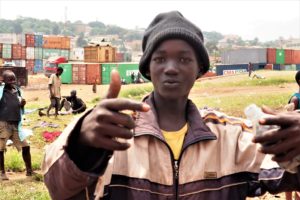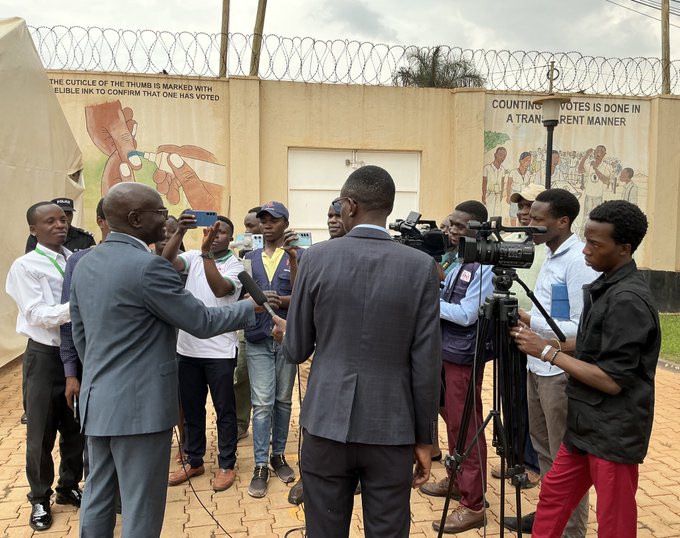Street kids or street smart? The Youth crisis in Uganda’s future
Meet 14-year-old Brian in Kisenyi, a lanky boy with a quick smile and a sharper wit. By day, he navigates the chaotic traffic of Kampala, weaving through cars to sell sweets and bottled water.

A new generation of Ugandans is rising, these specifically being the young, resourceful, and fiercely independent. But these are not your typical success stories. Are they street kids or street smart?
These are street kids, often labeled as “homeless,” “orphans,” or simply “forgotten.” Yet, to many, they are anything but invisible.
As their numbers grow, so does the debate: Are these children victims of circumstance, or are they developing street smarts that could reshape Uganda’s future?
Meet 14-year-old Brian in Kisenyi, a lanky boy with a quick smile and a sharper wit. By day, he navigates the chaotic traffic of Kampala, weaving through cars to sell sweets and bottled water.
By night, he finds shelter wherever he can—sometimes under shop awnings, other times in makeshift camps with other street children. For Brian, life on the streets is tough, but he’s learned to survive in ways many adults would struggle to comprehend.
“Every day is a new challenge,” Brian says, his voice steady. “But it makes you strong. It makes you smart.”
Brian is not alone. Thousands of children across Uganda are facing similar realities, pushed to the streets by poverty, family breakdowns, or the allure of urban life.
While their presence has sparked concerns about security, some experts argue that these children are developing skills that could be harnessed for the country’s growth.
Dr. Susan Nambazi, a social anthropologist, believes that Uganda’s street children are more than just a social issue—they are a potential asset.
“Street children are incredibly resourceful,” Dr. Nambazi explains. “They have to be, to survive in such harsh conditions. They develop skills in negotiation, problem-solving, and adaptability that many of us could learn from. If we could find ways to channel that street smartness into formal education or entrepreneurship, we could transform a crisis into an opportunity.”
But Dr. Nambazi is quick to caution against romanticizing their plight. “These children are still incredibly vulnerable,” she adds.
“The trauma they experience can have long-lasting effects if not addressed. We need to support them, not just exploit their resilience.”
A Growing Concern
While some see potential, others are more concerned about the immediate impact. Local shop owners and residents worry about the rising numbers of street children and the potential for increased petty crime.
Security experts warn that if left unchecked, the situation could spiral into something more dangerous.
“Street children are often seen as a threat, which only isolates them further,” says a one community security officer in Kampala who prefers anonymity. “But treating them as criminals only exacerbates the problem. We need to integrate them into society, not push them further away.”
As Uganda grapples with this growing youth crisis, the question remains: How can the country turn street smart into a national strength? Some NGOs are already stepping in, offering vocational training and education programs tailored to the unique needs of street children. But much more needs to be done.
“It’s not enough to just get them off the streets,” Dr. Nambazi insists. “We need to provide them with real opportunities of education, mentorship, a chance to contribute to society in meaningful ways. These children are part of Uganda’s future, whether we like it or not. The sooner we accept that, the sooner we can start building a better future for all of us.”
The streets of Kampala may be crowded, but they are also filled with potential. Whether these children remain on the margins or become the innovators and leaders of tomorrow depends on the choices Uganda makes today.
One thing is clear: Uganda’s future is on the line, and the street kids may just be smart enough to save it.







